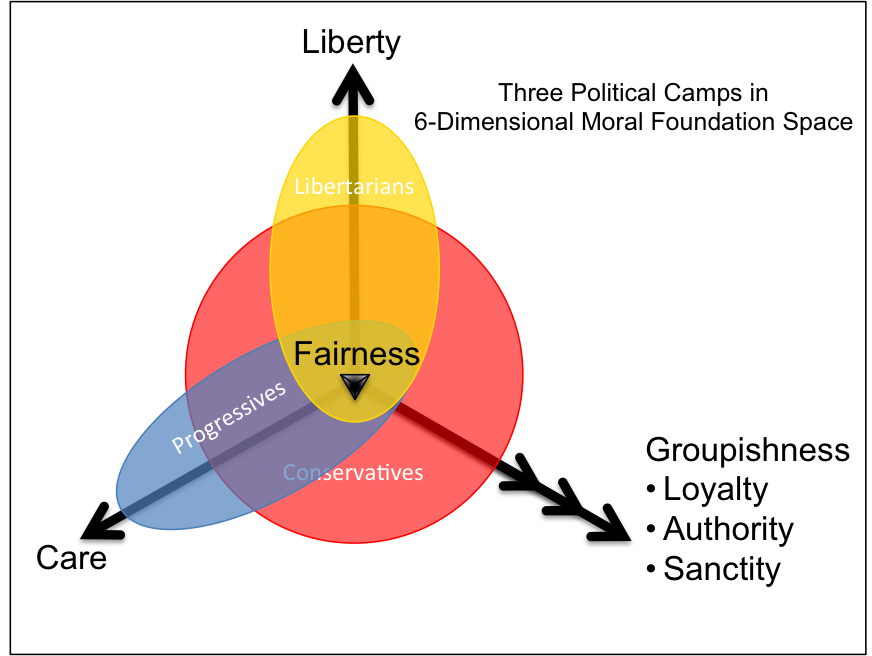It is important that we build our opinions and actions on moral and ethical foundations. We should not only rely on the rules and laws of the state, and the respected institutions and organisations in society to define what is good and right, including religious associations, political parties, and other leadership groups and the ruling Zeitgeist and spirit of the time. In the end, we are responsible as individuals for what we say and do.
In my article last week, I drew attention to some areas where I think those in leadership and responsible for practices did not do what is morally right. It seems that people accept many things without too deep worries about whether it is in accordance with their own moral and ethical foundations. In a way, people may think that the leaders in the political parties and high offices always have high standards, but that may not always be the case. In democracies, we cannot let others take the responsibility each of us has; democracies also require that each of us take responsibility for the policies that are adopted and implemented, based on moral foundations.
In last week’s article, I said that the development aid policies in recent decades have not been built fully on morally true and honest foundations, and certainly not the broader North-South relations. In addition, I also drew attention to the education sector, criticising the Western education model, which is the worldwide model for education. I drew attention to the fact that a large group of children and youth feel bad in school today, having to learn, or try to learn, theoretical and abstract content. Instead, the school should be a pleasant place to be for all children and youth; more than today, the school should emphasise moral education, creating respect for oneself and others.
The teachers should be advisers and encourage the students to pursue their interests and curiosity, and be shown other interesting things in the world around them, and indeed be open to learning about and appreciating other people, be they like themselves or entirely different. Never has the education sector had better educated and trained teachers than today. Alas, they may be competent in a technocratic way, but place less weight on values and the students’ interests, and they have to spend much time on exams and other competitive aspects. This is not necessarily the fault of the teachers but the education model and school systems we have. Teachers could have placed more emphasis on their pedagogical knowledge and moral foundations, as is also part of their training.
Last week, I also discussed the failure of the West’s development aid since WWII; it was not built on true and honest foundations, and the development results are lower than hoped for and claimed by the donors and those working with project and programme administration and implementation. Furthermore, the broader relations between the Global North and the Global South have also been built on clay foundations; the aid programmes were probably not really meant to lead to greater equality between the rich and poor countries, with general prosperity for the former colonies and the other developing countries, the recipients of the development aid.
Had we looked at the goals and practices more critically, based on moral and ethical foundations, all involved would have seen that major changes should have been made long ago. Even those who realised the major shortcomings found it easier not to rock the boat, and just go on with cosmetic and superficial changes – the same which is the case for most of those who carry out evaluation studies of aid projects and programmes and broader North-South relations.
Let me now draw attention to the policies and practices regarding international immigrants and refugees. The policies are not solidly built on true moral and ethical foundations, as politicians, institutions and experts claim they are, indeed as for refugees and other forced migrants. I hope that the international community will consider the issues in the near future since the numbers affected keep growing, currently with over one hundred and twenty million refugees, and many other forced migrants, and others, too, who leave home in hope of finding better living conditions and a good future for themselves and their children abroad. Realistic policies and practices must be developed, not only ways of trying to keep newcomers away from the rich countries.
When the newcomers from outside Europe reach their destinations, for example Sweden or Germany, the ways of receiving them and including them in the new country must be built on high moral and ethical policies and practices that give the newcomers a true feeling of being welcome and given a chance to succeed. Today, there are often good intentions, at least superficially, but much remains to be done better, showing real interest for the newcomers, their backgrounds and life stories, and stopping considering newcomers as problems. In Sweden, a country with over twenty percent of the ten million population coming from foreign countries or having outside roots, recent studies and debate have begun emphasising the key roles the immigrants play in several sectors in society, including health services, transport, and more. I would also like to mention that immigrants should be spoken of more positively than what is common today. Whereas it is important that immigrants learn about the new land, and the new language, it is also important that immigrants keep alive the positive memories from their original homeland. Certainly, there must be rules and regulations for international migration, but they must be built on reality and true moral foundations, understanding push and pull factors.
There are many other fields where the Zeitgeist and international spirit of the time have led to injustices being done, when people have not stood up for moral and ethical foundations, but many things have also changed for the better, such as our rights regarding religious freedom, the abolition of slavery and apartheid, reduced class and caste differences, greater gender equality, and more…
Provided by SyndiGate Media Inc. (
Syndigate.info
).











